Katy Milkman ’04 on Behavioral Science
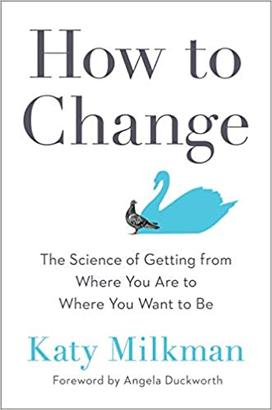
Katy Milkman ’04 is a behavioral scientist and the James G. Dinan Professor at the Wharton School of the University of Pennsylvania. She hosts the popular behavioral economics podcast Choiceology, and she recently published How to Change: The Science of Getting from Where You Are to Where You Want To Be (Portfolio | Penguin Random House). The book draws on her original research and the work of her scientific collaborators to distill strategies we can use to improve our habits and overcome common barriers to change. PAW asked her to recommend three additional books about behavioral science, and she suggested these:
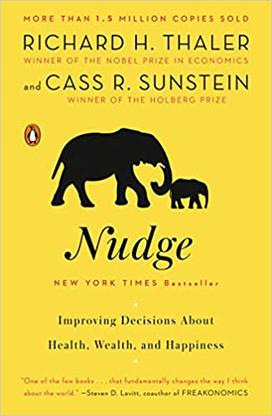
Nudge: Improving Decisions about Health, Wealth and Happiness
By Richard H. Thaler and Cass R. Sunstein
This book will open your eyes to how and why the design of a cafeteria, a store, a form, an email, or a product label shapes your decisions. And it will teach you how to think like a “choice architect” — someone who understands that small nudges (say, a change in whether or not new employees are automatically enrolled in a company’s retirement savings plan) can meaningfully alter choices and welfare. The tools of choice architecture really can be deployed to improve health, wealth, and happiness, as you’ll discover from this witty and evidence-packed book.
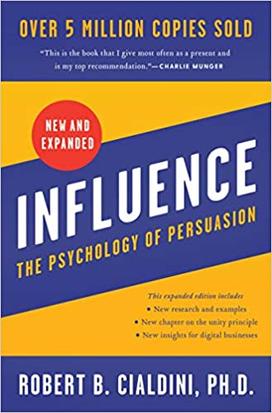
Influence, New and Expanded: The Psychology of Persuasion
By Robert Cialdini
Required reading for nearly every business school student, this book is a classic in the behavioral science cannon that will teach you how to spot many of the most effective tactics deployed by peddlers of influence to change minds. You’ll come to understand, for example, why it’s so compelling for an infomercial encouraging you to call a 1-800 number to warn “if operators are busy, please call again” (because conveying something is in demand suggests it’s valuable). And you’ll learn why seeing a Ph.D. next to my name makes you more likely to take my book recommendations (because symbols of authority promote trust and compliance).
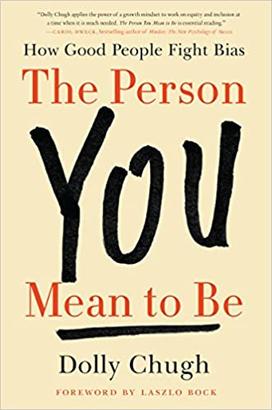
The Person You Mean to Be: How Good People Fight Bias
By Dolly Chugh
So many of us are eager to do our part to promote diversity and inclusion at home, at work and in our communities, but often we don’t know how to make good on our best intentions. This thoughtful book offers evidence-based advice on how we can each be more effective allies and fight bias. Perhaps most memorably, it wisely advocates for viewing yourself (and others) as works in progress. This outlook ensures that when you occasionally fumble in your efforts to be inclusive, you’ll take the opportunity to grow and learn from your missteps rather than shrinking from tough realities and conversations.


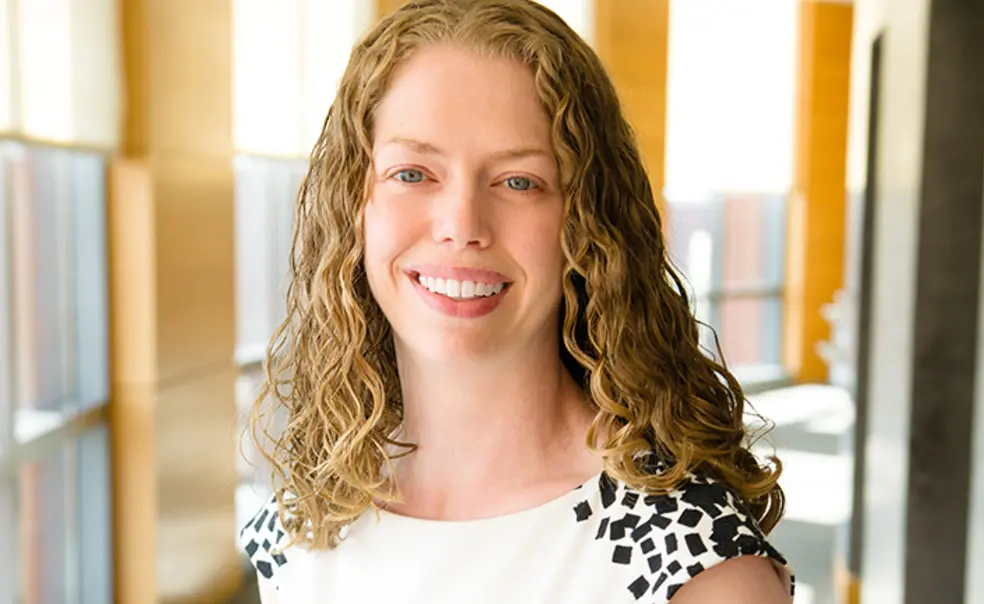







No responses yet